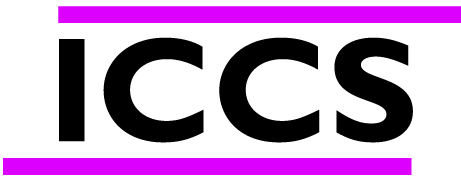Crises in Europe – how are children’s worldviews formed?
My granddaughter is 6 years old, about to finish her first year at school, a year totally affected by the pandemic. Erupted days and impossible to make plans for even the next day. In her second semester at school in Norway she learns that our neighbour country has started a war on another neighbour, Ukraine, and that war is going on for months. Adults, politicians and world leaders are not able to put a stop on the horrifying actions she grasps glimpses of on daily television. I wonder what these experiences do to my granddaughter’s worldview and understanding future. I realise it is impossible to understand war on distance, and even less of how the war affects Ukrainian children’s worldview. How do teachers in schools in Europe go forward now? Address the crises in lessons or avoid them? Try to protect the children by letting them discover by themselves and give answer to their questions? How can future and hope be part of education in general and religious education in particular in today’s Europe? ICCS is only one out of many organisations that can give teachers a platform to discuss these questions among professionals. How do schools involve parents and what type of future teacher education do we need? What we do know is that schools cannot only give factual knowledge, in crises ethics, democratic, social, and interreligious values are more important than ever. So also the hope for the future that religions can provide for.
Heid Leganger-Krogstad in the name of
Dr. Tania ap Siôn and Heid Leganger-Krogstad (ICCS) and Michael Jacobs and Piet Jansen (IV)
